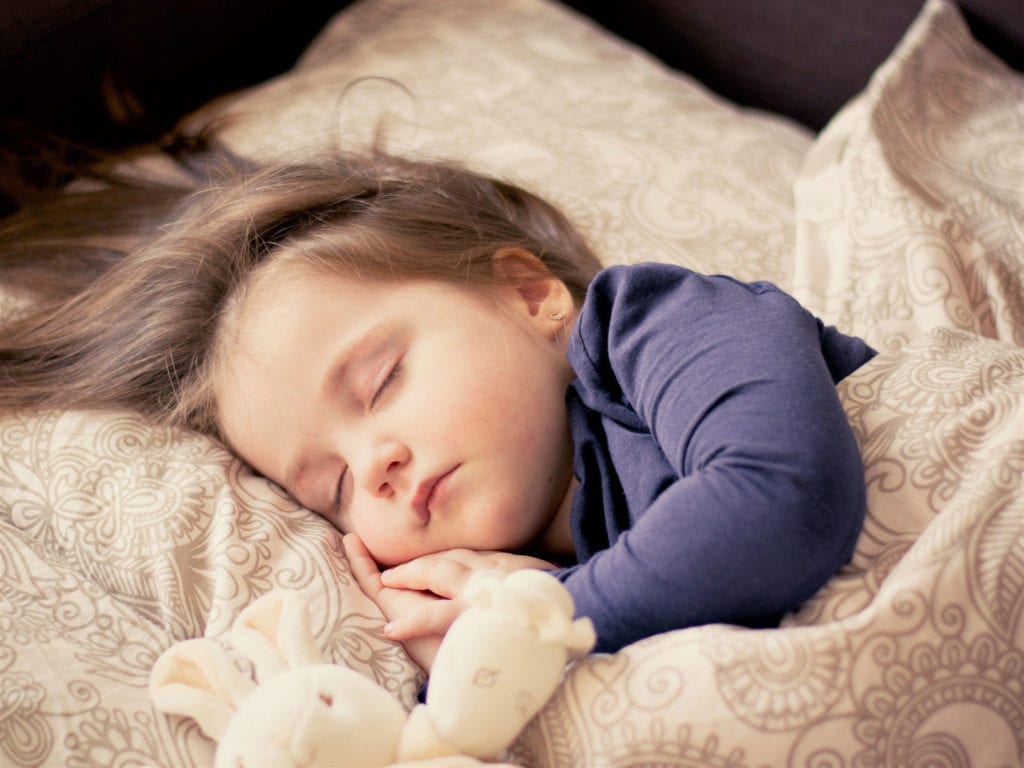It’s hard to find funding for rare diseases research. Patients and the people who love them don’t have the same established networks of support that help people struggling with more common disease, and the search for a cure is often underfunded and overlooked. Many advocates set up fundraising campaigns themselves through organizations like GoFundMe, and promote donations however they can– running marathons, hosting bingo nights, selling baked goods. London creative and mother, Elly Gedye, decided to put her own spin on fundraising.
Elly wrote and illustrated a children’s book, titled Eva the Adventurer, about a bright and curious girl called Eva, who sets off on a series of adventures. Nothing is out of reach for Eva- one day she’s an astronaut in outer space, another day she’s climbing mountains, driving trains, or curing diseases.
All proceeds from the book, which is under £5 in the UK, and available internationally on Amazon, are donated to rare disease research, which makes adventure-filled childhoods possible. The book supports Joseph’s Goal, the only NKH foundation in the UK, which helps fund a research team led by Professor Nick Greene at UCL searching for a gene therapy cure for NKH.
Elly’s son, Mikaere, nicknamed Kai, is just a year old and suffers from a rare genetic disease called non-ketotic hyperglycinemia (NKH). He was diagnosed with this rare disease when he was born back in 2016. Patients with NKH have a hard time breaking down glycine amino acids, because of a genetic mutation. Kai suffers from severe symptoms, including developmental and learning challenges. Kai’s mobility is very limited– he can’t walk, stand, crawl and or even lift his head on his own. To learn more about NKH, click here.
When Kai was born in October 2016, Elly was told her child might not make it a couple weeks, and if he did, he would face severe obstacles, learning challenges, and seizures. The odds of him living to a year, or even 6 months were low. Would he live to five years? The outlook was bleak. For now, there are treatments to help aid some of his symptoms and prolong his life as much as possible.
Kai was transferred throughout hospital units and put on breathing assistance in the days after his birth. When he was 10 days old, the family received Kai’s diagnosis and doctors administered the first dose of medication. Kai quickly had a positive response. After six days, he could breathe over the ventilator, and soon after that, he was able to have his first meal orally. When he was a little over a month old his family got great news– they could take him home. His parents were never able to experience what it was like to have a newborn with Kai, since he was in incubator for the first month of his life. Elly held him maybe five or six times in that first month, at most.
The family was able to enjoy time with their baby for just about a month until symptoms resurfaced, and Kai returned to the hospital with seizures. He was admitted to the ICU on Christmas day. Fortunately, Kai made another stride of recovery, and was able to go back home that February.
While the treatments Kai received have helped, they aren’t enough long term. While the team at UCL searches for a genetic cure, Kai’s parents have found two existing treatments that have shown great results in other kids with NKH– Quantum Reflex Integration with Low Level Laser Therapy and Neurofeedback Therapy. However, while these therapies may help reduce Kai’s seizures and help him achieve developmental milestones, they’re expensive. In addition to the fundraising campaign to support NKH cure research, Kai’s family set up a JustGiving campaign to help fund his treatments here.
It’s a race against the clock to find a gene therapy to help save Kai. In the meantime, the Gedye family is enjoying any time they have with Kai while still fighting to raise money to find a treat or cure.





